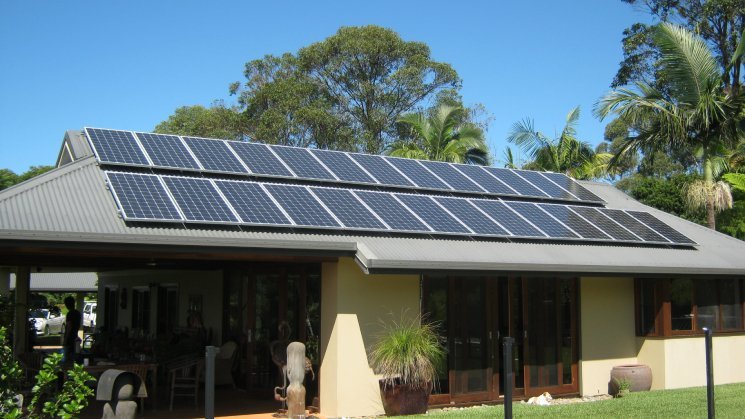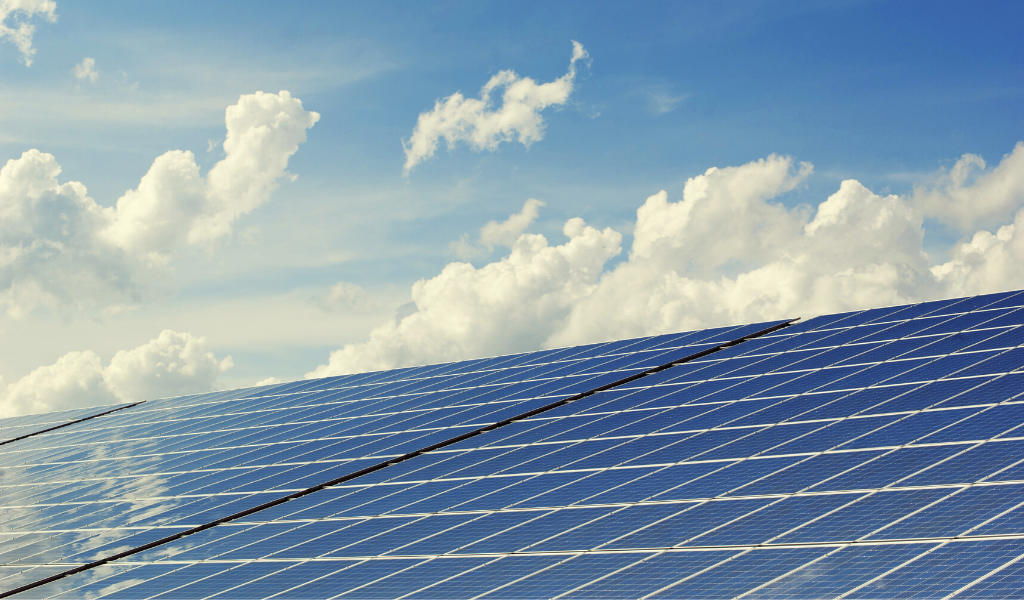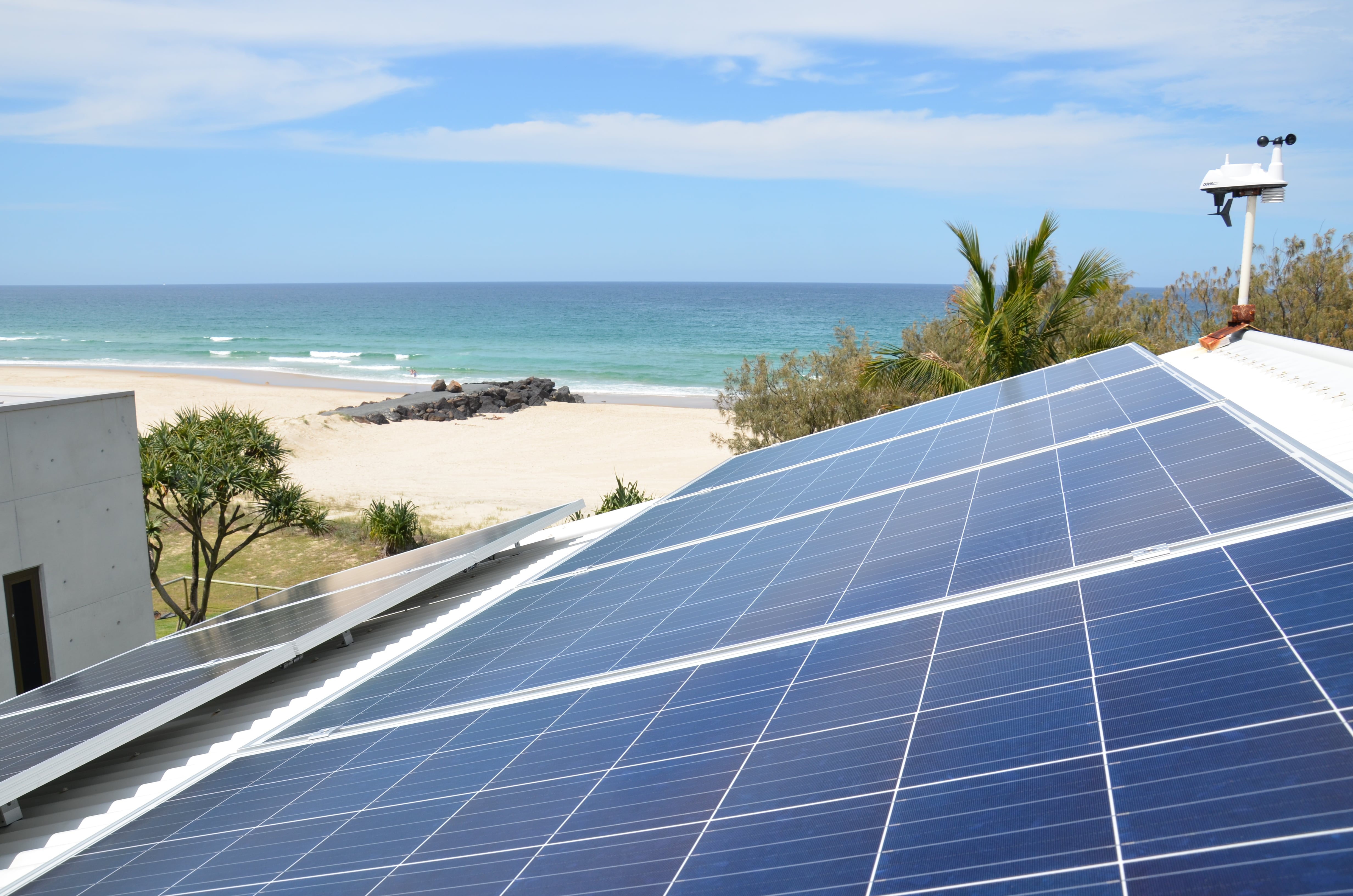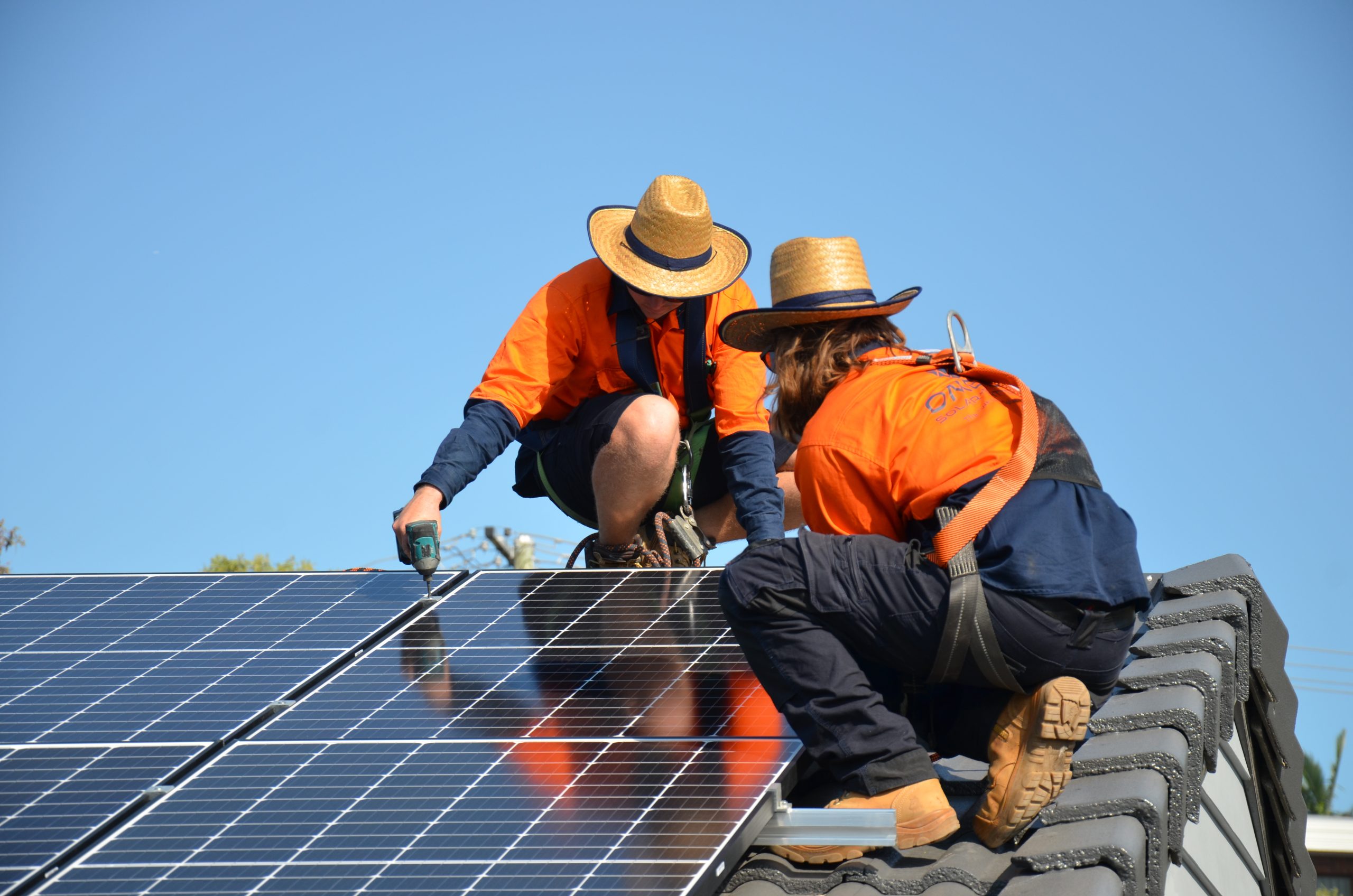
Are Your Solar Panels Working to Full Capacity?
So, you’ve just made the exciting investment into solar and are keen to see the difference it makes to your home and your back-pocket; but do you really understand how your solar system works?
Surprisingly, it seems many solar owners have little idea whether the solar panels on their roof are actually working properly! Don’t let this be you…
In fact, government data has revealed that more than half of Australia’s residential solar systems perform below the standard that they are supposed to.
Many faults can go undetected for months – costing the homeowner money for each and every day that ticks by.
This is why it is important to ensure that your solar panels are working to their optimal performance! When your solar system is working to its full capacity, you will save money, rely less on the grid, and ultimately get more out of your solar investment.
There are a few obvious signs that point to an underperforming system. These may include a spike in your electricity bill, or you may notice that your panels aren’t generating as much energy as they were before. No matter what the sign is, it is important that you quickly solve any issues to ensure that your solar panels continue to work to full capacity – that way you can maximise your solar investment.
Are my solar panels working to their optimal performance?
Luckily, there are a number of simple things that you can do to determine whether your panels are working to full capacity. These include:
- Rule out the weather
Your solar panels may continue to work on cloudy and rainy days, however their output simply won’t match that of clear and sunny days. In fact, your solar panels are likely to operate at only 10% to 25% of their usual capacity on an overcast day.
So, if you’ve seen a spike in your energy bill, your system may not necessarily be at fault. Think back to the weather recently. A rainier month than usual may be the culprit. However, if bad weather is not the case, you may need to do some deeper digging to determine whether your panels are working at full capacity.
- Check for dirt and shade
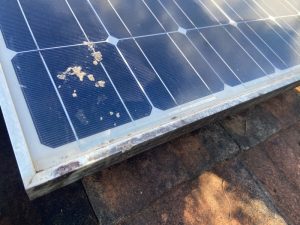
Shade is your solar system’s number one enemy. To ensure that your solar panels are working to full capacity, you should check whether there is anything blocking your panel’s access to the sun. Is there more shade now than when your panels were first installed? Maybe a new tree has grown, or an antenna, ventilator or other new structure is shading your roof for part of the day.
Additionally, are your solar panels clean? After all, dust, dirt, bird droppings and fallen leaves all have the potential to block sunlight, impacting your panels ability to perform at max capacity. Checking for dirt and shade is one of the simplest ways to determine whether your panels are working to their full capacity.
- Look at your inverter
The easiest way to detect a problem with your system is to simply look at your inverter. The inverter is the brains of a residential solar system and can affect your entire system’s output and potential savings.
Have a look at the colour of the lights shining on your inverter during the day when your system is meant to be running. A red or orange indicator light could mean that your system is experiencing problems. If so, look for an error code on the display and call the team at Omega Solar & Batteries for help.
- Monitor your production
Another simple way to determine whether your panels are working to full capacity is to monitor your production. If you’ve had your solar panels for a while, you can compare your current output to previous weeks or months to monitor whether your panels are still running at their best. Ultimately, if your kilowatt-hours are increasing, you have nothing to worry about – your panels are clearly working to full capacity. If not, you may need to do some investigating to determine what is causing your panels to work less efficiently.
Is your solar system overdue for a service?
How long has it been since you last had your solar system serviced? Failure to maintain your system may hinder its ability to perform at maximum capacity.
The Clean Energy Council recommend that you service your solar system every 2 years. Regularly servicing your system can help detect and solve any faults or problems and will see your system maintain the maximum return possible for the lifetime of the system.
Time for a service?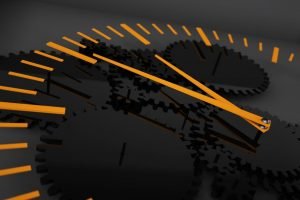
When you thought about whether your system was due for a service, was the answer yes?
Don’t put it off any longer!
Omega Solar + Batteries, have over 10 years of servicing experience. During a solar power service, we not only check that your system is operating safely, but also clean your solar panels, removing dust and grime collected over time.
Call us today on 1300 663 422 to book in your service.
After a service with us, your panels are sure to be working to their full capacity, allowing you to get more out of your solar investment!



